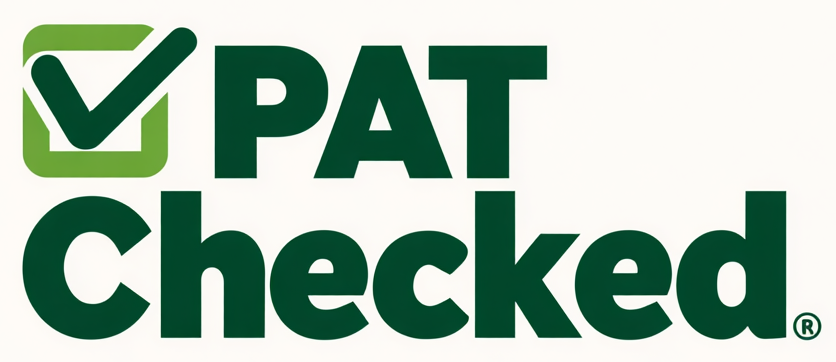Industrial units are at the heart of manufacturing, engineering, logistics, and warehousing operations. These environments rely heavily on electrical equipment — from power tools, machinery, and computers to lighting, fans, and portable devices. With such high electrical demand, safety and compliance become critical to maintaining efficient and hazard-free operations.
That’s why PAT testing (Portable Appliance Testing) is essential for all industrial units. It ensures that every electrical appliance and tool is safe to use, helping protect your staff, equipment, and business.
What Is PAT Testing?
PAT testing is the process of inspecting and testing electrical appliances to ensure they are safe and in good working condition. Qualified engineers visually examine items and carry out electronic tests to identify potential hazards such as frayed wires, damaged plugs, or faulty components.
Once complete, each appliance is labelled and recorded, providing proof that your site complies with UK electrical safety regulations.
Why PAT Testing Matters for Industrial Units
1. Industrial Workplaces Use High-Powered Electrical Equipment
From drills and grinders to computers, lighting, and control panels — electrical tools are used constantly in industrial units. With daily wear, dust, vibration, and heavy-duty use, faults can easily occur.
PAT testing identifies issues early, preventing costly breakdowns, accidents, or fires.
2. Protecting Employees and Contractors
A single faulty appliance can cause electric shocks or fires, putting workers at serious risk. Regular PAT testing ensures a safe environment, demonstrating your company’s commitment to health and safety compliance.
3. Compliance With Legal Requirements
Under the Electricity at Work Regulations (1989), employers must maintain electrical systems to prevent danger. Regular PAT testing helps industrial units meet these legal obligations and avoid fines or enforcement action.
4. Protecting Equipment and Minimising Downtime
Unplanned equipment failure can cause serious disruption to production. PAT testing helps prevent electrical faults before they result in downtime — saving time and money.
5. Insurance and Business Protection
Insurance providers often require proof of electrical maintenance. PAT testing ensures compliance with policy conditions, helping to keep your insurance valid and protecting against costly claims.
How Often Should Industrial Units Get PAT Testing Done?
For industrial environments, annual PAT testing is the minimum recommended frequency.
If your site uses heavy-duty, portable, or frequently moved equipment, six-monthly testing may be advisable to ensure ongoing safety.
Why Choose PAT Checked for PAT Testing for Industrial Units?
At PAT Checked, we specialise in PAT testing for industrial units, warehouses, and manufacturing sites. Our certified engineers work safely and efficiently to minimise disruption while ensuring full compliance.
We offer:
- Flexible appointment times to suit production schedules
- Experienced engineers who understand industrial environments
- Comprehensive reports and certification for compliance and insurance
- Competitive pricing for small and large facilities
Whether you operate a single unit or manage multiple industrial sites, we’ll help you maintain safety, compliance, and peace of mind.
👉 Book your PAT test today or contact us for a free quote.
